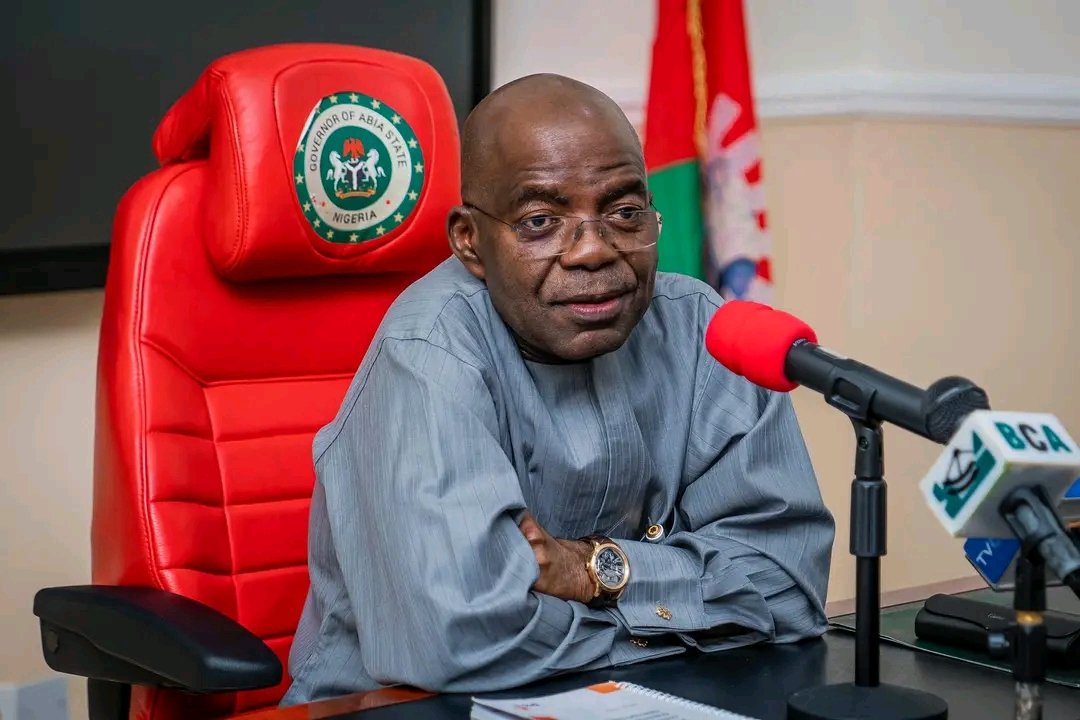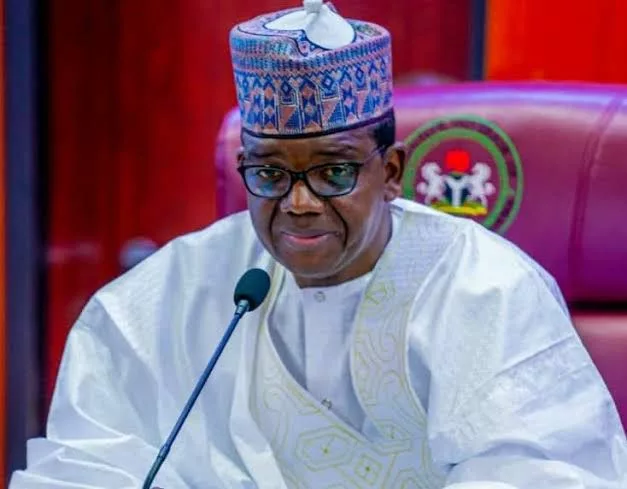Nigerian telecom operators are intensifying discussions to explore innovative solutions, including renewable energy sources and satellite technology, to mitigate the escalating operational costs that have plagued the sector.
Telecom industry insiders, who spoke during the weekend at the Nairametrics Industry Spotlight webinar, themed “Beyond Connectivity: Telcos and the Future of Financial Inclusion in Nigeria” made this disclosure.
The Senior Manager of Growth and New Business Tech Platforms at MTN, Chukwuebuka Ezewuzie, said aside from foreign exchange crises, money spent on diesel-powered infrastructure gulped a large chunk of telcos’ operating costs.
“A lot of advancement is going on at the moment in adopting renewable energy because the infrastructure running on diesel and petrol is massively expensive. So, how are we going to use the free energy from the sun and the wind to power this equipment to reduce cost? This is one of the key areas that the telcos are currently exploring,” he asserted.
Telecom infrastructure, such as base stations, data centres, relay stations, and transmission equipment, rely on diesel generators for power, leading to substantial operational costs.
In 2023, telecommunications companies spent about N429.43bn on fuelling those base stations, a 34.57 per cent increase from the N319.11bn spent in 2022, according to analysis from the National Bureau of Statistics.
Currently, the average price of diesel in Nigeria stands at N1,379 per litre, with significant variations across states.
Telecom operators have estimated their diesel consumption to be about 40 million litres per month to power their sites.
According to a McKinsey report, telcos could save between 15 per cent and 30 per cent on energy costs annually by switching to solar power, depending on their current energy management practices and the extent of solar integration.
Ezewuzie revealed that telcos were also evaluating satellite technology as a viable alternative to expensive fibre optic deployments.
He said given the high costs associated with laying fibre, satellite coverage could provide a cost-effective solution for expanding network reach.
Ezewuzie disclosed that MTN, Nigeria’s biggest with almost 80m subscribers, had initiated conversations with Elon Musk’s Starlink to assess how the technology could be integrated into its existing networks.
The former Chief Financial Officer of 9mobile, Nkem Oni-Egboma, underscored the importance of innovative approaches in reducing energy consumption in the sector.
“Reducing energy consumption is crucial for the sustainability of telecom operations,” Oni-Egboma stated. “Data centers and media gateways are optimising their operations to reduce costs, which in turn, makes their products and services more affordable for consumers.”
The Chief Executive Officer of Open Access Data Centre, Dr Ayotunde Coker, said the sector was dealing with high input costs due to inflation, an inability to adjust prices, and the knock-on effect of the cost of living crisis.
According to Coker, to navigate those challenges, telcos should focus on creativity in value-added services, targeted offerings for specific segments, recognising affordability disparities, and graduated products and services.

 1 month ago
119
1 month ago
119








![Edo Deputy Gov Idahosa Meets Philip Shaibu [Photos]](https://www.naijanews.com/wp-content/uploads/2024/11/IMG-20241112-WA0078.jpg)






 English (US) ·
English (US) ·